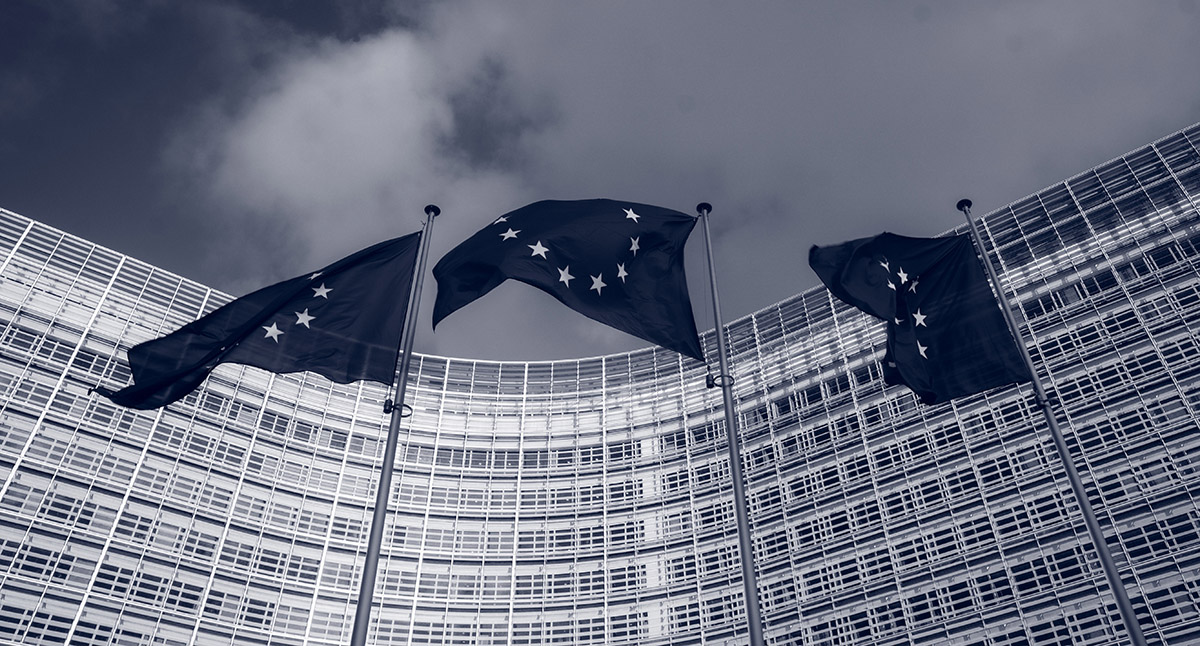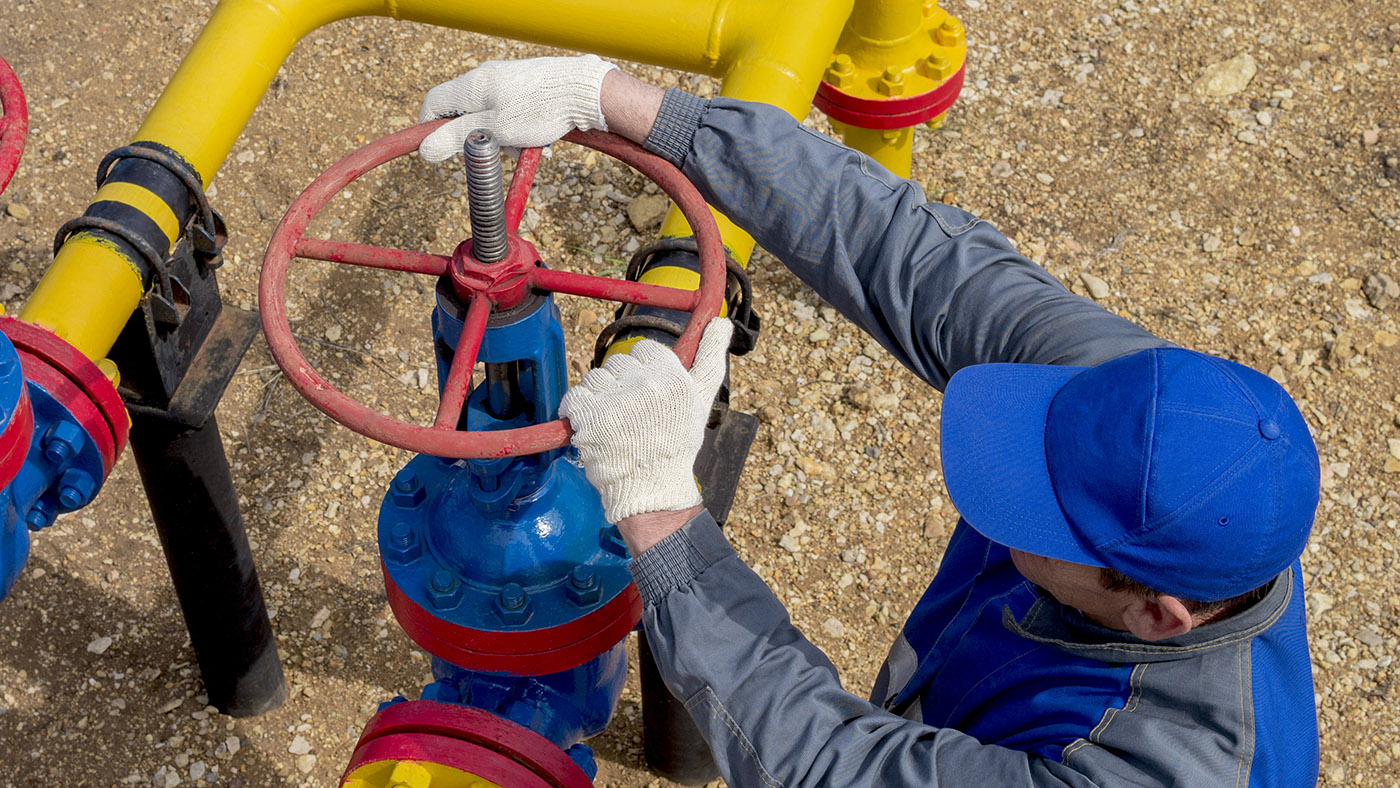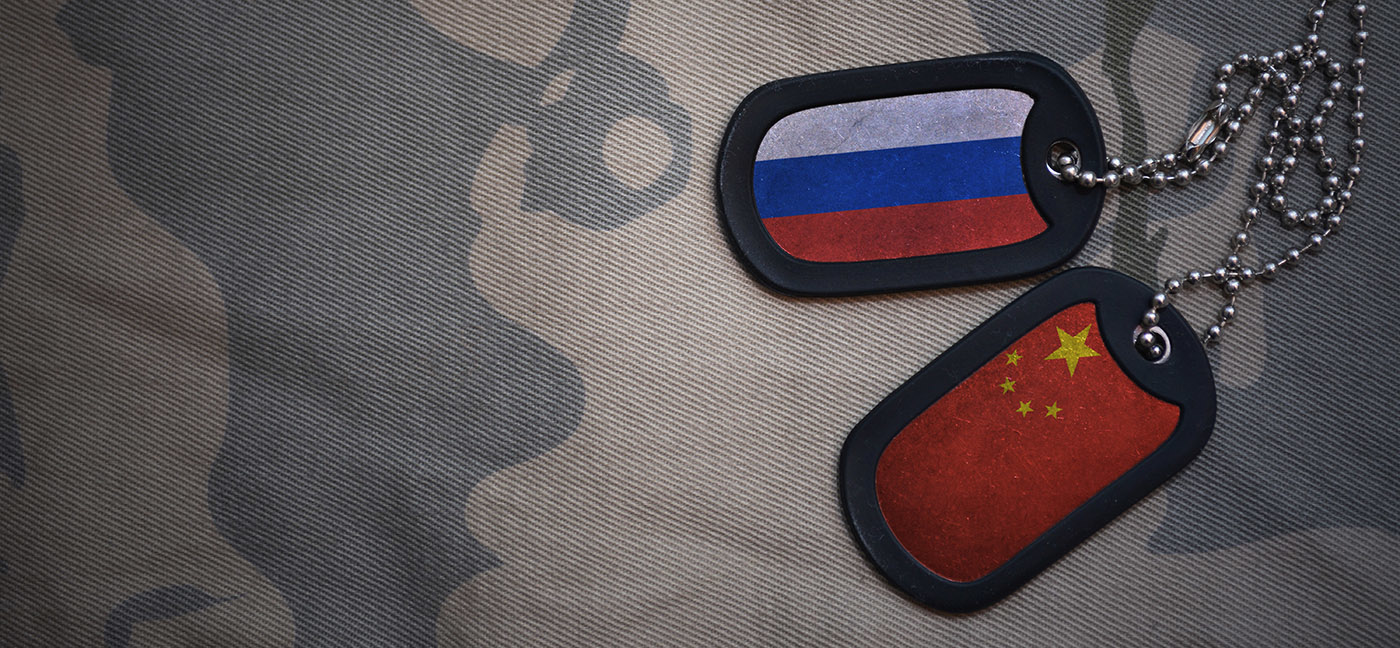Can the EU ‘clean house’ of the Kremlin’s malign influence?
By Valeria Jegisman September 17, 2021

By Valeria Jegisman September 17, 2021

On September 16, 2021, the European Parliament (EP) issued recommendations for EU institutions on managing relations with Russia. The document backed by 70% of MEPs calls on the EU to revise its current policy toward Moscow. The new approach will introduce stronger deterrence measures against the Kremlin’s aggression, while also laying the groundwork for cooperation with a future democratic Russia.
While the EP asserts the commitment to “engagement and selective dialogue” with Moscow when necessary, it also names the Putin regime “a stagnating authoritarian kleptocracy” which is “threatening peace and security in Europe”. The MEPs acknowledge that the EU should do more to counter the Kremlin’s malign influence within its own borders, including among the European political and business elite.
The MEPs call for “unity among the EU member states” as the “best policy to deter Russia from carrying out destabilizing and subversive actions in Europe,” with Brussels being the “only capital where key decisions about EU‑Russia relations are taken”.
MEPs also recommend that the EU builds its capacity to stop flows of dirty money from Russia and to expose the hidden financial assets of the Russian regime’s autocrats and corrupt oligarchs.
Better transparency of the Russian elite’s deposits and spending in the EU would help prevent Russian funding of EU political parties, movements and campaigns as well as investments in strategic infrastructure and bodies, threatening the co‑optation of top‑level EU decision‑makers, the policy document says.
The “Direction of EU‑Russia Political Relations” initiative – has been led by Andrius Kubilius, a MEP from Lithuania who serves as a standing rapporteur on Russia and chair of an informal platform of the EP called the Friends of European Russia Forum.
On the eve of the EP vote on the recommendations, Kubilius and the Friends of European Russia Forum hosted an online discussion on the findings of a report, “Export of Russian Corruption”, which focuses on the Kremlin’s network of influence in Western Europe.
“It [the report] shows how much we need to do back home here inside the European Union in order to clean our house, because only with our cleaned house we can help Russian democrats to achieve what they want to achieve – to transform their country into democracy against opposition from the Kremlin,” Kubilius said in his opening remarks.
The reach of Putin’s network in Western Europe is “shocking”, said Vladimir Milov, the author of the report, an energy expert and a Russian opposition politician associated with Alexei Navalny’s team.
“We know a lot about Putin’s allies in countries like Hungary and Victor Orban. But it is important to look how deep and comprehensive and wide Putin’s network of influence is in the big founding members of the European Union,” he said at the presentation.
Milov emphasized that the information in the report is publicly available, but the analysis clearly shows the extensive scale and systemic efforts of the Kremlin to influence Europe, especially by way of “financial penetration” into Western European politics.
Milov said the report was, in part, inspired by the news this summer that the former French prime minister Francois Fillon – who as a candidate of the 2017 French presidential elections openly supported many Kremlin views and advocated for lifting sanctions – had been named to the board of Russian state oil company Zarubezhneft.
This is yet another appointment of this kind, adding to the list with such notable examples as former German Chancellor Gerhard Schroeder taking a position as chairman of the supervisory board of Russia's largest oil company, Rosneft (which is on the EU and US sanctions list), as well as Nord Stream AG and Nord Stream‑2 AG. In another instance, Dominique Strauss Kahn, French political figure and former managing director of the IMF, serves as a member of the supervisory board of the Russian Direct Investment Fund and of Rosneft‑owned VBRR bank.
Milov sees such cases of former European officials sitting on the boards of Russian state companies and other organizations in exchange for a taking pro‑Kremlin stance and advocating to soften Western policies toward Moscow as outright “bribes” that should be regulated by some form of code of conduct in the EU.
Serving on supervisory boards not only brings lucrative financial bonuses, but also represents a “rubber stamp” mechanism for major decision‑making in these companies. Around 90% of the board meetings of Russian‑state companies, such as Rosneft and Russian Railways, occur in absentia, says Milov, and the decisions implemented by the boards have already made by the Russian State.
“If this is not a bribe, I don’t know what is,” said Milov.
Regarding Kremlin influence in Europe, he added, Moscow doesn’t only focus on far‑right and far‑left political parties, as is often believed to be the case, but also attempts to influence the mainstream parties and significant political figures with more sway. Francois Fillon may have become a marginalized figure in French politics after the corruption scandal, but he had been a prominent politician up until that point and he still maintains a certain influence within Les Republicains party, said Milov.
The Kremlin is eager to “buy people” on the far‑left, the far‑right and “whoever”, said Leonid Volkov, chief of staff to Alexei Navalny.
“He [Putin] is doing it for the purpose of creating instability in Europe and he needs it to sell it on the domestic market,” said Volkov, adding that his successes validate the message that “liberal democracy has failed, Europe is not working”.
And the Kremlin has money to pay for this, says Volkov. In 2014, the French far‑right party “National Front”, led by Marie Le‑Pen, took Russian loans worth €9 million. This may be a significant amount of money for many, but it is a “petty cash” for the Kremlin, Navalny’s chief of staff said.
If you are friendly toward Russia, you are rewarded even if you do not have a lot of influence in your country, said Anton Shekhovtsov, director of the Centre for Democratic Integrity in Europe and a senior fellow at Free Russia Foundation. Shekhovtsov offered the example of former foreign Austrian minister Karin Kneissl who kept friendly ties with Moscow (and who also danced with Vladimir Putin at her wedding back in 2018) thusly earning a seat on the board of directors of Rosneft. But she is not an influential figure in Austrian politics.
Shekhovtsov adds that the latitude of the Kremlin’s networks of influence across various groups in the EU stems from the variety of actors within the Kremlin’s orbit who work on building their own network of influence while competing for the Kremlin’s resources and awards. Intelligence services try to influence criminal networks, while figures like Konstantin Malofeev, the Russian businessman, prefer to work with conservative organizations, and Russian strategist Aleksandr Dugin works with the far right.
“Every actor has his own approach,” said Shekhovtsov.
Whereas Milov’s report investigates the Kremlin’s networks in France, Germany, Austria, Italy, and Finland; Central and Eastern Europe have been fighting Russian malign influence for years. For example, as pointed out during the discussion by Veronika Kratka Spalkova, an analyst at the Prague‑based European Values Center for Security Policy, in the Czech Republic, the Kremlin has been able to influence the far‑left Communist party, the far‑right Freedom and Direct Democracy, and also the Czech president, who does a “perfect job for Russia by destabilizing the country”.
Last spring, after Czech officials linked the 2014 explosions of ammunition depots in Vrbetice to Russian security services, president Milos Zeman, openly undermined the Czech intelligence by casting doubt over Russia’s involvement, said Spalkova.
Rasa Jukneviciene, another MEP from Lithuania, recalled that in 2004, on the eve of Lithuania becoming a member of NATO and the EU, the country’s then‑president Rolandas Paksas was impeached for connections to the Kremlin. The Lithuanian president had granted citizenship and access to the presidential administration to a Lithuanian‑Russian businessman, allegedly linked to the Russian mafia and security services. The businessman donated large amounts of money to Paksas’s election campaign.
Milov’s paper identifies various EU political figures that belong to Putin’s network of influence, including five former heads of government of major Western European nations – France, Germany, Austria and Finland – and several former ministers, who currently serve on boards of top Russian companies and are well‑paid. The Kremlin recruits through NGOs, various “dialogue associations,” and the business community, the report says.
Commenting on Milov’s findings, Bernard Guetta, a MEP from France, said that the overall picture and the extent of the Kremlin’s influence that the report draws is “frighting” but that, indeed, most of the facts presented are already known.
So, the question is – if all this is old news, why hasn’t the European Union “cleaned its own house”? This is the mandate behind the “Direction of EU‑Russia political relations” initiative which has just passed at the European Parliament with significant majority of 494 votes. Another 103 MPs voted against the document and 72 were absent.
By Ilya Zaslavskiy
August 31, 2021
 Article
Article And What Ordinary Russians Think About It
By Yury Krylov
February 03, 2022
 Article
Article After peaking in 2019, Russian‑Chinese military cooperation declined sharply during the pandemic but quickly rebounded, revealing a partnership increasingly strategic in scope‑even if still marked by asymmetry and caution
By Nicholas J. Myers
February 09, 2022

By Ilya Zaslavskiy
August 31, 2021
 Article
Article And What Ordinary Russians Think About It
By Yury Krylov
February 03, 2022
 Article
Article After peaking in 2019, Russian‑Chinese military cooperation declined sharply during the pandemic but quickly rebounded, revealing a partnership increasingly strategic in scope‑even if still marked by asymmetry and caution
By Nicholas J. Myers
February 09, 2022
